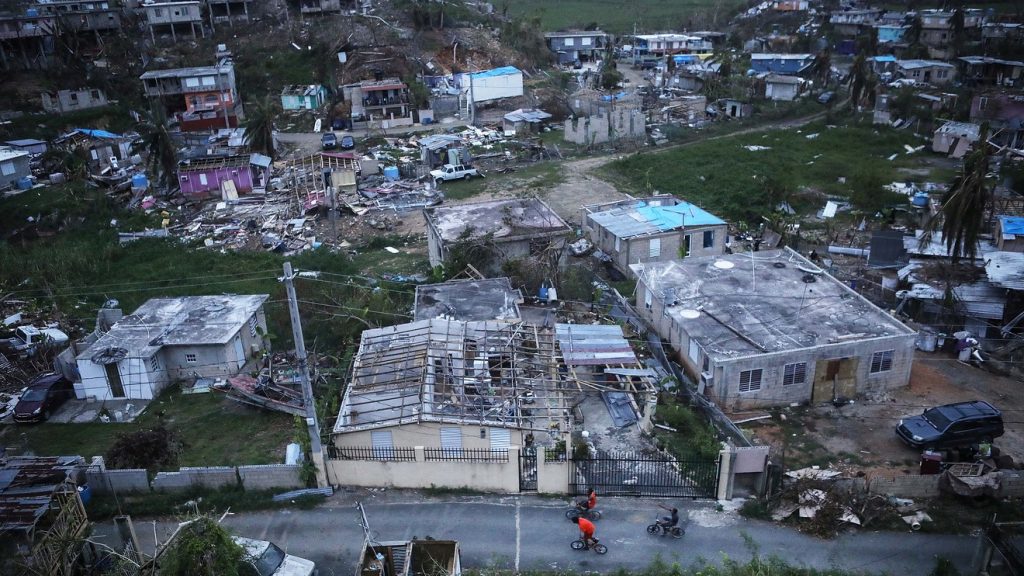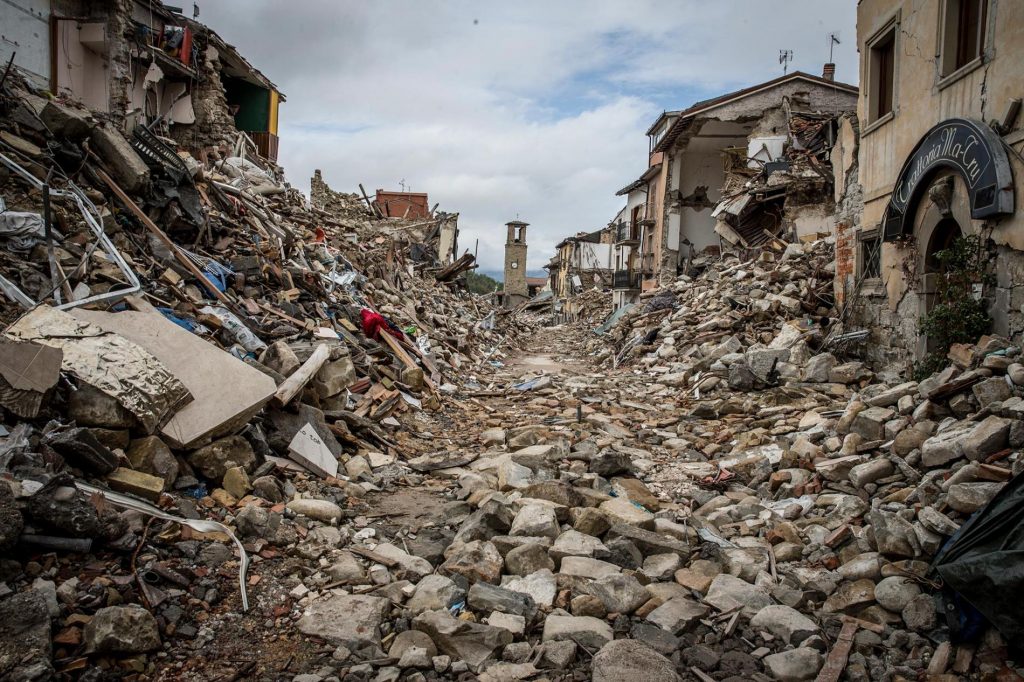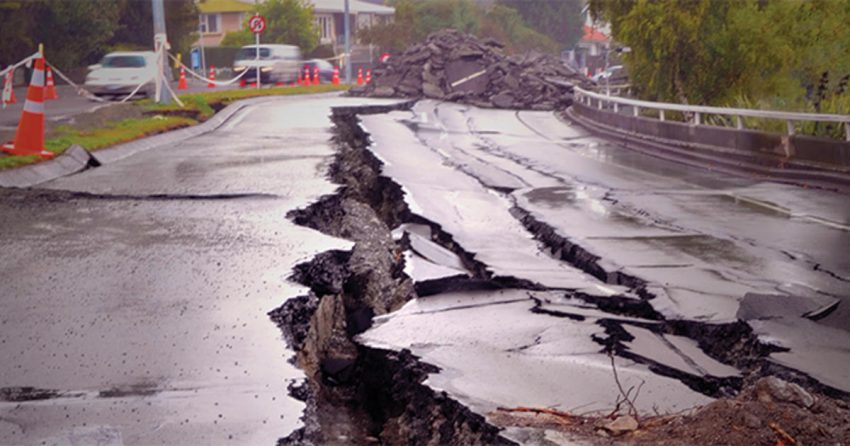Compared to other natural disasters, earthquakes can happen at any time, without any notice. An earthquake is defined by a sudden, rapid shaking of the earth caused by the shifting of rock beneath the earth’s surface. It is recommended to stay alert whenever there is a risk of an earthquake. Places like California, Nevada, Alaska, Hawaii and many other Western states are prone to seismic activities. It is not only the US states that are vulnerable but almost everywhere in the world. With no sign or any notice, an earthquake can strike at any moment, and everyone should be ready for it. It is important for each and every person to know how to prepare for an earthquake, what to do during an earthquake, and what to do after an earthquake hits. So here are some earthquake safety tips for before, during, and after an earthquake.

Before an Earthquake
- Create an earthquake readiness plan with your family members. Everyone in your family should be prepared and make sure that each person knows what to do and where to go as soon as they feel the vibrations of an earthquake.
- Have a meeting point for your family and friends. It might happen that there is no communication in the days following an earthquake. This meeting point can be where you will reunited with your loved ones.
- Practice dropping down and taking cover so that it comes naturally to you when an earthquake strikes.
- Prepare an earthquake kit. After an earthquake, you could be stuck in one place with no food or power for days. It is recommended to make your own kit or buy a professional kit, a survival kit. This kit will be your safety during that time and should contain water, food, medications, a first-aid kit, bandages for injuries, a flashlight batteries, a radio, a thermal blankets, and other personal items.
- Make sure you know where the fire extinguisher is in your home and you know how to use it.
- Be sure that you turn off the water gas, and electricity in your home. Do have a multi-function tool as you might need it.
- Be sure to secure heavy items, such as shelves, bookcases, mirrors, and light fixtures to the wall. Do not leave heavy items on the shelves as during the earthquake it can fall and be a hazard for anyone.
- Choose an earthquake safe locations in every room of your house, office, school or any place that you go to on a regular basis. This place should be away from windows and any furniture that could fall on you. It is best if there is something sturdy that you can hold onto.
During an Earthquake
- Drop down to your knees. In this way the earthquake cannot knock you over.
- One of the most important safety measures to be taken during an earthquake is to take cover. Cover your head and neck with your arms or an object so that you are protected from any debris or furniture falling during the earthquake.
- If there is anything sturdy near you when the disaster is happening, then hold on to it until the shaking stops.
- Stay away from furniture that can fall on you.
- Stay away from windows.
- Take cover in a doorway or crawl under a heavy piece of furniture, such as a desk or table.
- If you are outside, then get away from anything that could fall on you such as trees, power lines, buildings, and houses.
- If you are in car, then pull over to an open space. Wait in the car until the shaking stops.
- In general, stay where you are until the earthquake is over. Do not run away or go outside that will increase the risk of getting hit by something.
- If you are in a wheelchair, then you should lock your wheels and bend over while covering your head.

After an Earthquake
- Once the shaking has stopped, leave the building or house you are in and retreat to an open space that is away from damaged areas.
- Check for injuries that you or others have obtained from the earthquake. Provide first-aid for yourself or anyone if necessary.
- Check your water, gas, and electric lines for any damage. If any of these are damaged, then shut off the valves. If you smell gas, then open all your doors and windows and leave your home immediately. If possible, do report this incident to the authorities.
- Remember, do not use any open flames as a source of light. Any broken gas line will be mixed with open flames and cause more problems. This is why it is better to be prepared with battery powered flashlights in your home or work.
- If you happen to be trapped, then use whatever communication you have in order to get the attention of rescuers.
- Use your phone for emergencies only as you would want to save battery for as long as possible.
- If you are near the ocean, then find out if there is any tsunami alert.
- Be prepared to repeat everything in the likely event of an aftershock, which happen within the first few days following an earthquake.
Remember, an earthquake can happen at any time without warning. With the preparation and practice you and your family do, it can prevent injury or even death during an earthquake. Being equipped on how to prepare for an earthquake can make all the difference!

